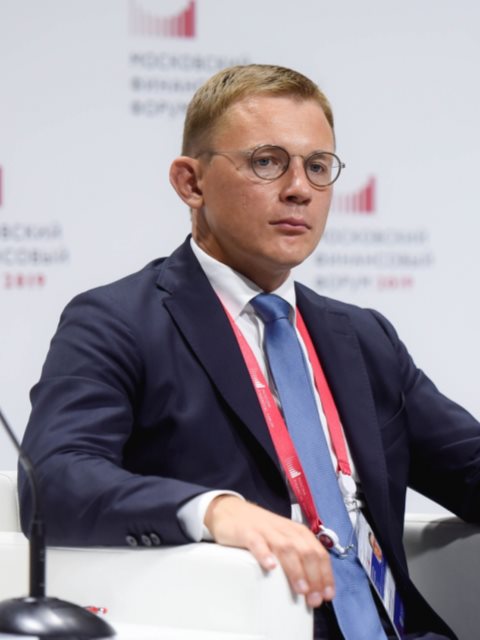Combatting Counterfeit Goods to Boost Economic Growth
Supply chains, distribution systems and related sectors were all seriously impacted by the pandemic and subsequent mitigation efforts by governments. One of the consequences of the pandemic was a rise in illicit trade, which cost the legitimate economy billions of dollars in lost income. A slowdown in legal economic activity against the backdrop of current events has led to an almost unprecedented increase in illicit trafficking, with illegal goods gaining a foothold in a number of markets. Through engaging in unfair business practices, the black economy is undermining the private sector’s contribution to employment and economic growth. Illicit trafficking in industrial goods makes up a substantial share of total trade, and as a result, Russia’s budget has sustained substantial losses in the form of lost tax and customs revenue. In addition, entrepreneurs become less inclined to invest in development and labour productivity, and may take a laxer approach to quality standards. This can ultimately threaten people’s health, and even lives. The decline in people’s earnings, growth of digitalization and other developments currently affecting society and the economy mean that consumers, producers and the Russian budget are faced with the risk of an explosion in counterfeit goods. It is in the interests of all parties – consumers, businesses, and governments – to tackle illicit trade. What measures should the government deploy in fighting illicit trafficking? What problems need to be overcome when tackling illicit trafficking at an intergovernmental level, and what are the prospects for doing so? What role could digital labelling play in monitoring and tracking goods? What needs to be done to ensure consumer safety, protect legitimate producers, and support honest business?














